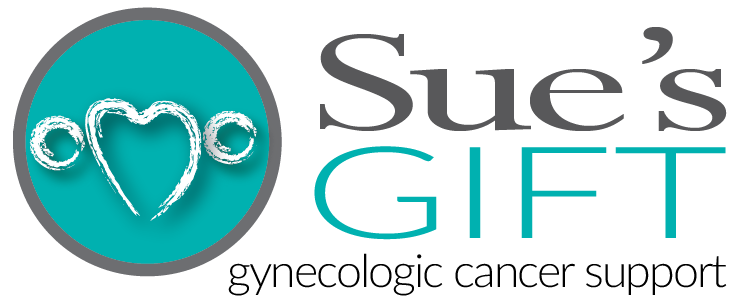
Sue’s Gift Blog
Make A Plan
Why is self-care so hard and what keeps one from implementing self-care measures? I believe there are several reasons. Many of us were taught early on that it’s better to give than receive. So, we’ve spent years giving – sometimes to the point of exhaustion and depletion.
Taking Care
We’re so good at taking care of the family…the children, an ill spouse, elderly parents, the house, the yard, pets, the job, co-workers or friends. Most of the time it feels good to be taking care of things and others, but it can be draining and often exhausting. Yet we continue to take care out of love, and if we’re honest, sometimes, out of obligation or duty because there’s no one else.
Asking
Why is it so hard to ask for what you need? Maybe saying “I need…” feels selfish. The traditional roles of women as nurturers and caregivers have programmed us to consider everyone else’s needs ahead of our own, so needs often go unspoken and unaddressed. That’s not unique to either gender though, as men may have unexpressed needs as well.
The Longer The Better
I’m fascinated by telomeres. I first learned about them when I was doing research in preparation for leading a Mindfulness Meditation workshop. I was looking for the benefits of a mindfulness meditation practice and was surprised to discover there was research documenting the relationship between telomere length and psychosocial practices.
How Can I Say No?
I remember a time when sitting down for a few minutes, doing basically nothing, was out of the question. I felt guilty for not “doing something” because there was so much that needed to be done: meal preparation, attending kids’ activities and church functions, dusting and vacuuming, yard work, and laundry…always laundry. Later on, there were meetings to attend, professional journals to read patients to see, groups to lead, and never, never any unfilled moments.
What’s Gratitude Got to Do with It?
Nearly everyone has been through at least one tough time, and more often than not, many tough times. In the midst of dark days, it may seem like they will never end. One can question how it’s possible to navigate such distressing times when the light at the end of the tunnel seems far away and dim.
About The Author
Sherry Martin is the Patient Services Director for Sue's Gift. Sherry is a licensed clinical social worker with over thirty-five years of experience in the field of oncology social work, and author of the book, Beginning Again: Tools for the Journey through Grief — a step-by-step guide for facilitators of a grief support group. Sherry lives with her husband in Colorado Springs, Colorado.







